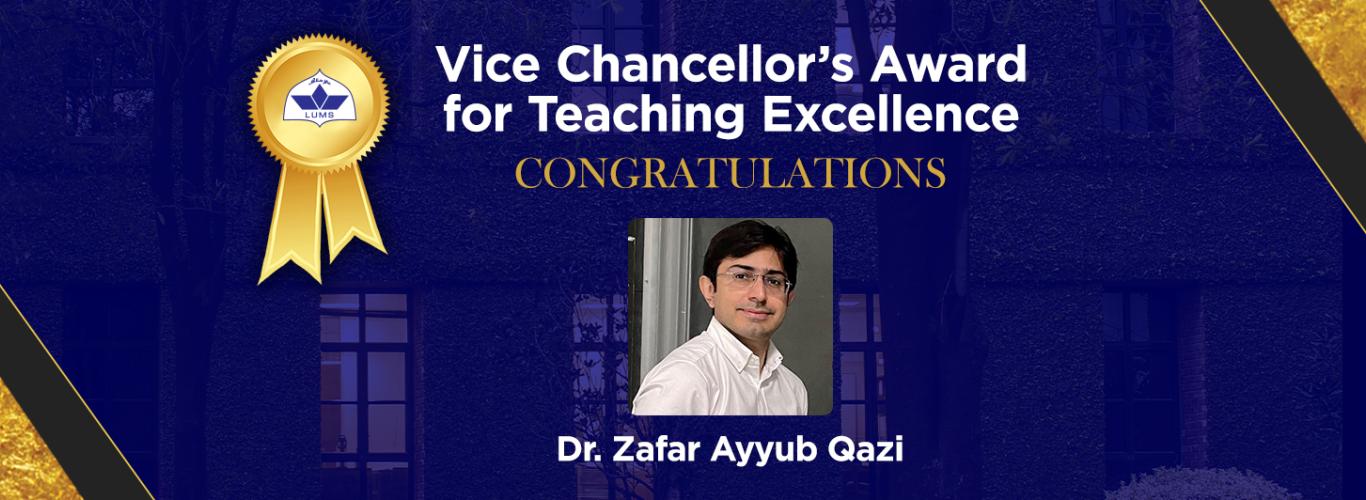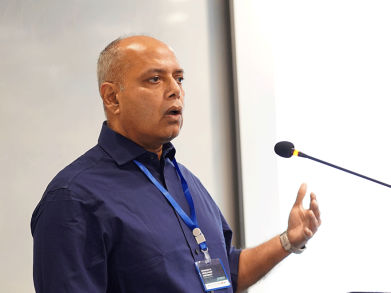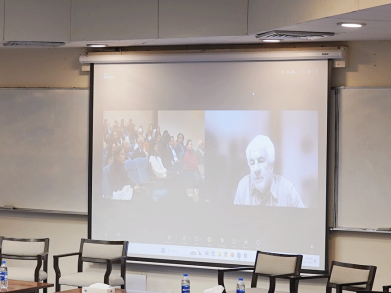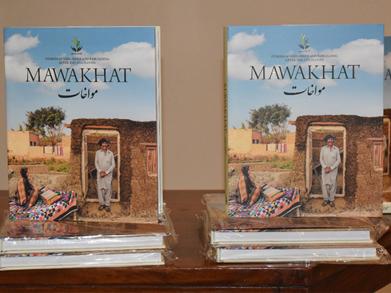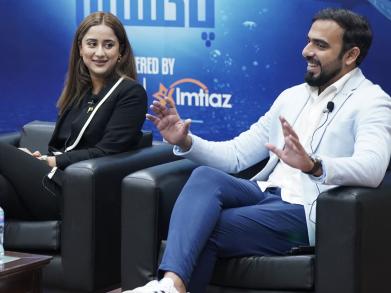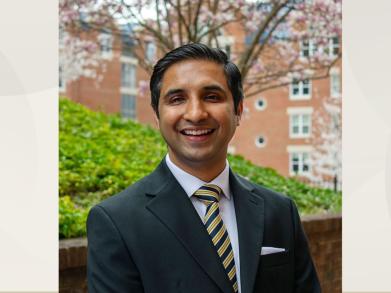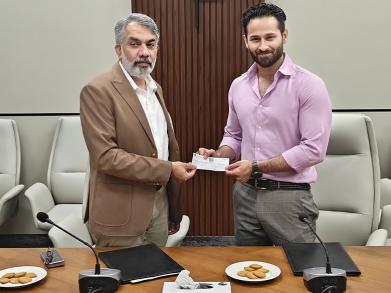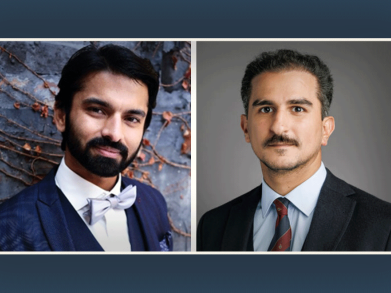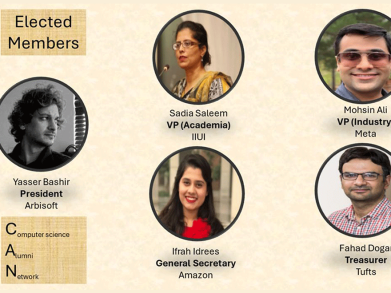In Conversation with Dr. Zafar Ayyub Qazi, Awardee Vice Chancellor’s Award for Teaching Excellence 2022-23
Dr. Zafar Ayyub Qazi is an exceptional teacher, known for his extraordinary efforts at helping students learn how to learn and become skilled problem solvers in Computer Science (CS). In each and every class he creates an inclusive environment with multiple avenues for all students to engage in learning and share their opinions. His students see him as “a joy in class” as they say “he is enthusiastic, well prepped, loves students joining in and just all in all a wonderful person to have taught us.” His classroom interventions, including class activities involving acting out concepts and innovative use of polling platforms, have significantly improved student engagement, participation, and overall learning, making his courses some of the most popular. Dr. Qazi’s personalised approach to mentoring students through the rigour of developing their academic skills has had a huge ripple effect - many of his students have gone on to publish in top-tier CS conferences, pursued graduate studies at top schools worldwide, or joined the industry. This is a true testament that Dr. Qazi is, without a doubt, one of LUMS's highly effective instructors.
We sat down with Dr. Qazi to learn more about his teaching philosophy, his approach to learning and what he thinks about the awards. Here is what he had to say.
What inspired you to become a teacher?
I was inspired by many excellent teachers who made a big difference in my life. Through them, I saw how teaching offers many opportunities to inspire and mentor students, and how it can be a lifelong journey of learning and growth.
How have interactions with your students informed your teaching throughout your career?
I have observed that students are naturally curious, but many students feel hesitant to ask questions and share their opinions in classes. I believe it is essential to create an enabling and inclusive environment where all students feel safe and encouraged to ask questions and share their opinions.
To create such an environment there are several measures that I take in my classes. First and foremost, I respect student opinions and questions, encourage them to question everything that we study and regularly take their feedback to improve learning. Secondly, I regularly engage my students in fun class activities that help create personal connections with the material and increase students’ motivation to learn, e.g., playing out a scenario in which a group of students interacts with each other in the context of some algorithm or protocol. Lastly, for improving student engagement in large classes I use online and real-time polling platforms, e.g., Poll Everywhere, to ask questions and allow all the students to respond to those questions during class.
Are there any teachers in your life who inspired you?
There are many teachers who have inspired me, I will name a few of them. One of them is Prof. Scott Shenker, a Professor at UC Berkeley, who had amazing clarity and focus on the fundamentals and had a unique way of teaching from the first principles of a discipline. I had the great pleasure of attending his classes in Berkeley, they were truly inspiring! I found him to be an amazing storyteller.
Another is Prof. Nabil Mustafa, a Professor at Université Sorbonne Paris Nord. He made learning fun with his puzzle-like classes, and I had the pleasure of taking courses from him when I was an undergraduate at LUMS.
Prof. Ihsan Qazi, who co-taught multiple courses with me at LUMS, has also been an inspiration. He has the ability to explain complex ideas in a simple and structured way, and he has had a huge impact on many students' lives.
Amongst your various achievements, what is one thing as a teacher that you are proud of?
For me, it’s helping my students develop a deep conceptual understanding of ideas so they feel empowered to apply them. For example, for the last five years I have been teaching a course about Distributed Systems, which is considered to be a tough course in computer science. When my former students, who are now in different graduate programmes abroad and in industry, share how the learnings from this course helped them to succeed, it makes me really happy.
What value does the Vice Chancellor’s Award for Teaching Excellence hold for you?
It’s a reminder that LUMS values the tremendous effort that goes into offering high-quality courses. It's also a shared award; I share this with all my students, TAs, and co-instructors, who have played a key role in making my courses a fun learning experience.
If there is one thing that you want your students to remember, what would that be?
I would like to remind my students to focus on their learning process and remember that it takes dedication and hard work to achieve your goals.
How do you envision teaching and learning to evolve in the country?
I humbly hope that we can replicate and scale the quality of teaching that we have at LUMS to other places in the country. Our computer science programme is very well-reputed across the world, and it would be wonderful to see this level of excellence in teaching and learning in many other places in the country as well. Achieving this goal would require collaboration, innovation in teaching, and a continued commitment to excellence in education.

